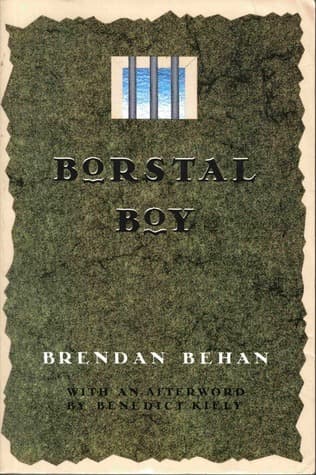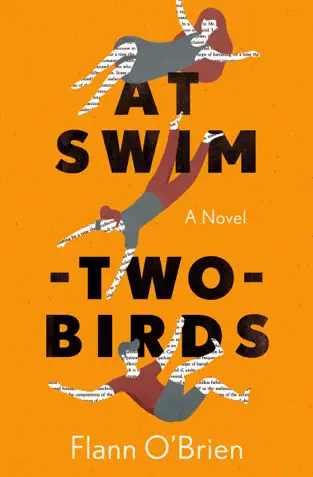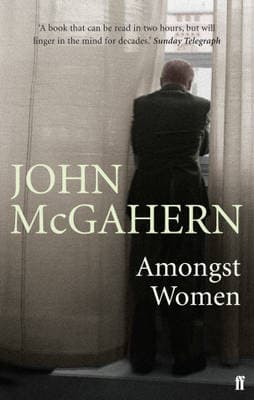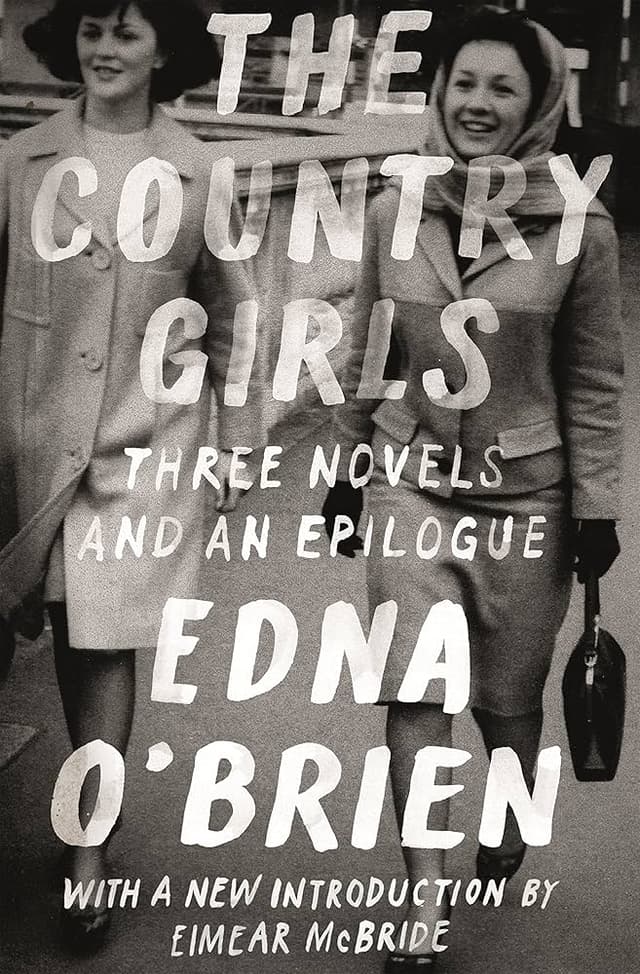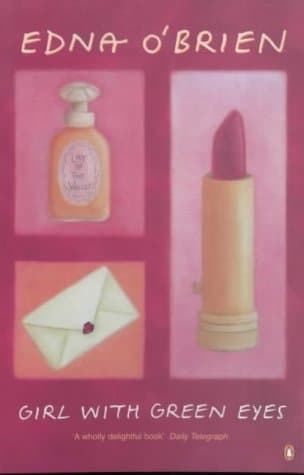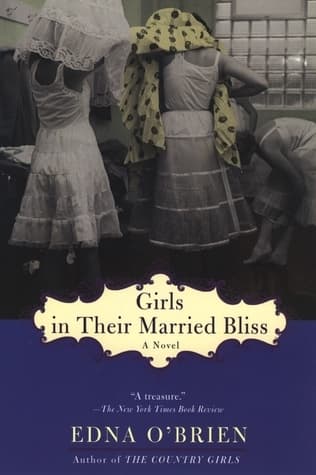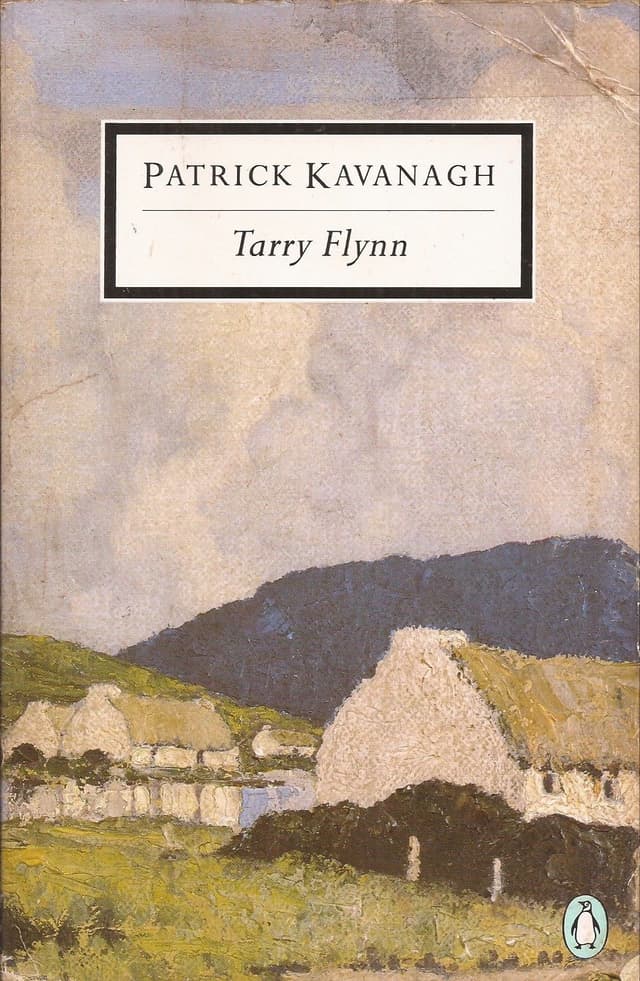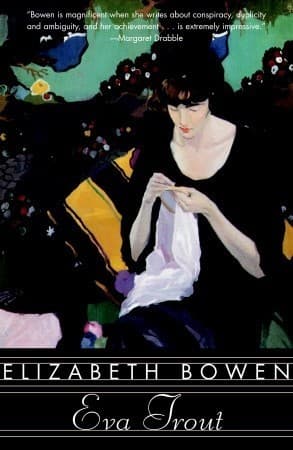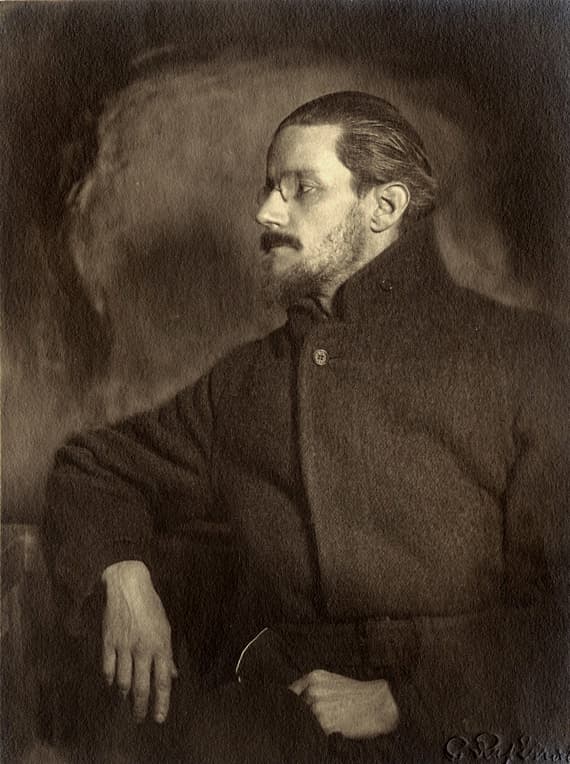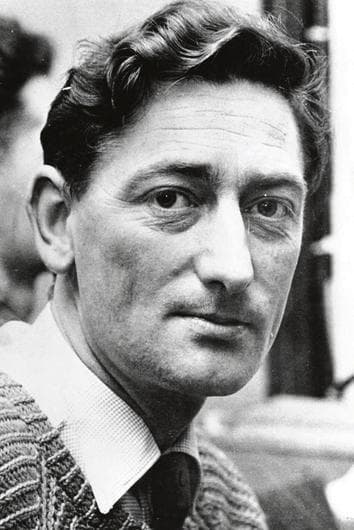Brendan Behan
Brendan Behan (1923-1964) was an Irish playwright, poet, and author, renowned for his earthy satire, wit, and powerful command of language. Born in Dublin into a staunchly republican family, Behan's upbringing was steeped in the political and cultural milieu of Ireland's fight for independence, a theme that would heavily influence his later work.
Behan's early life was marked by his involvement in the Irish Republican Army (IRA). At the age of 16, he was arrested in Liverpool for possession of explosives and sentenced to a borstal (youth detention center) in England, an experience he later chronicled in his autobiographical novel Borstal Boy (1958). This period in custody was a formative experience, contributing significantly to his views on life and politics.
Upon his return to Ireland, Behan continued his involvement with the IRA and was again imprisoned, this time in Mountjoy Prison. It was during these incarcerations that he began to write seriously, developing a distinct style that combined humor, frankness, and a deep sense of humanity.
Behan's breakthrough as a playwright came with The Quare Fellow (1954), a play about prison life that was met with critical acclaim. His next major success, The Hostage (1958), which satirizes the relationship between England and Ireland, further established his reputation as a leading figure in Irish literature. Behan's works are characterized by their vivid dialogue, colorful characters, and a blend of comedy and tragedy, reflecting the complexities of Irish life.
Despite his literary success, Behan struggled with alcoholism, which affected his health and work. He died in 1964 at the age of 41. Brendan Behan left behind a legacy as a charismatic and influential figure in Irish cultural history, whose works continue to be celebrated for their vitality, humour, and poignant commentary on society and politics.
